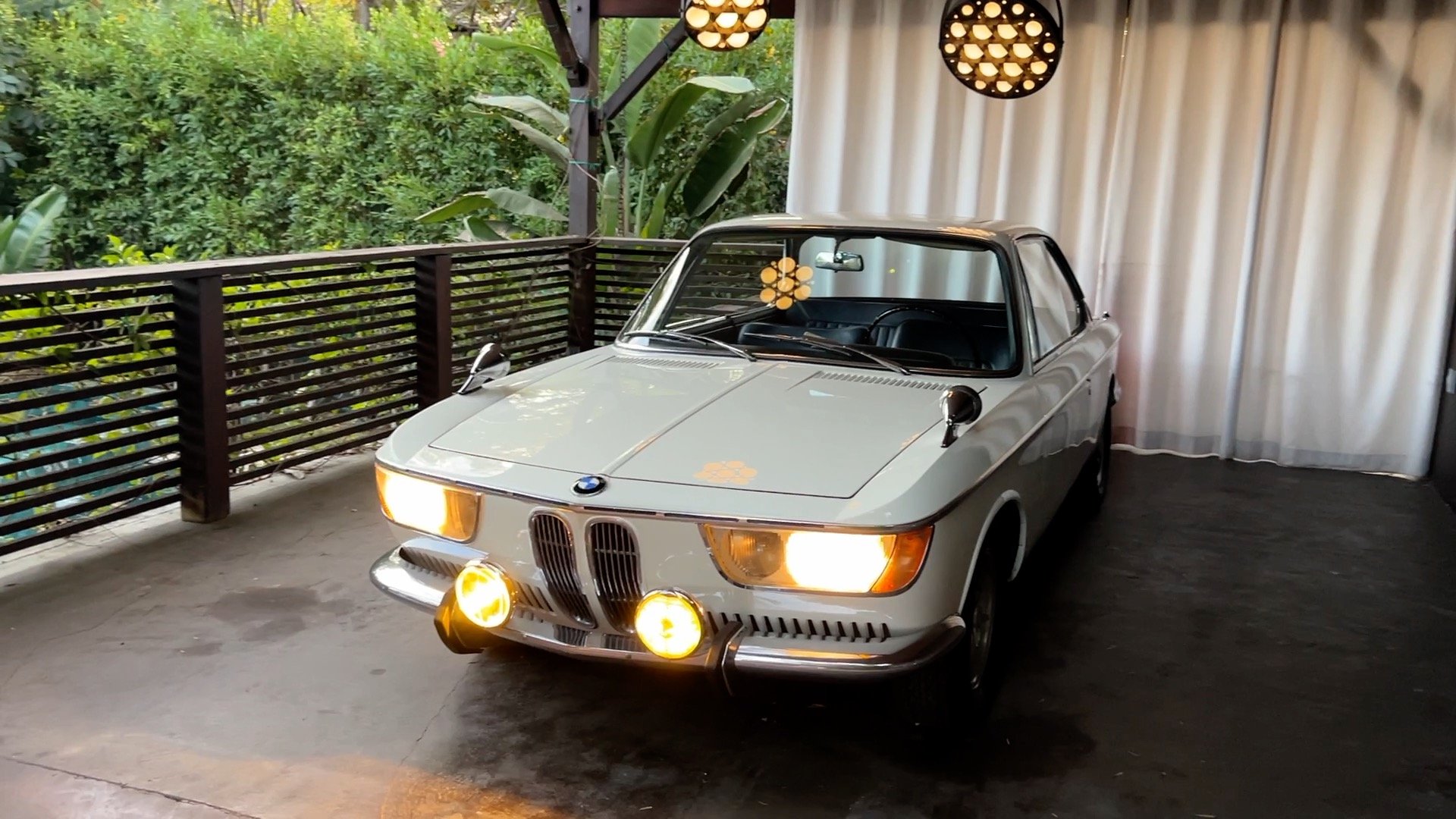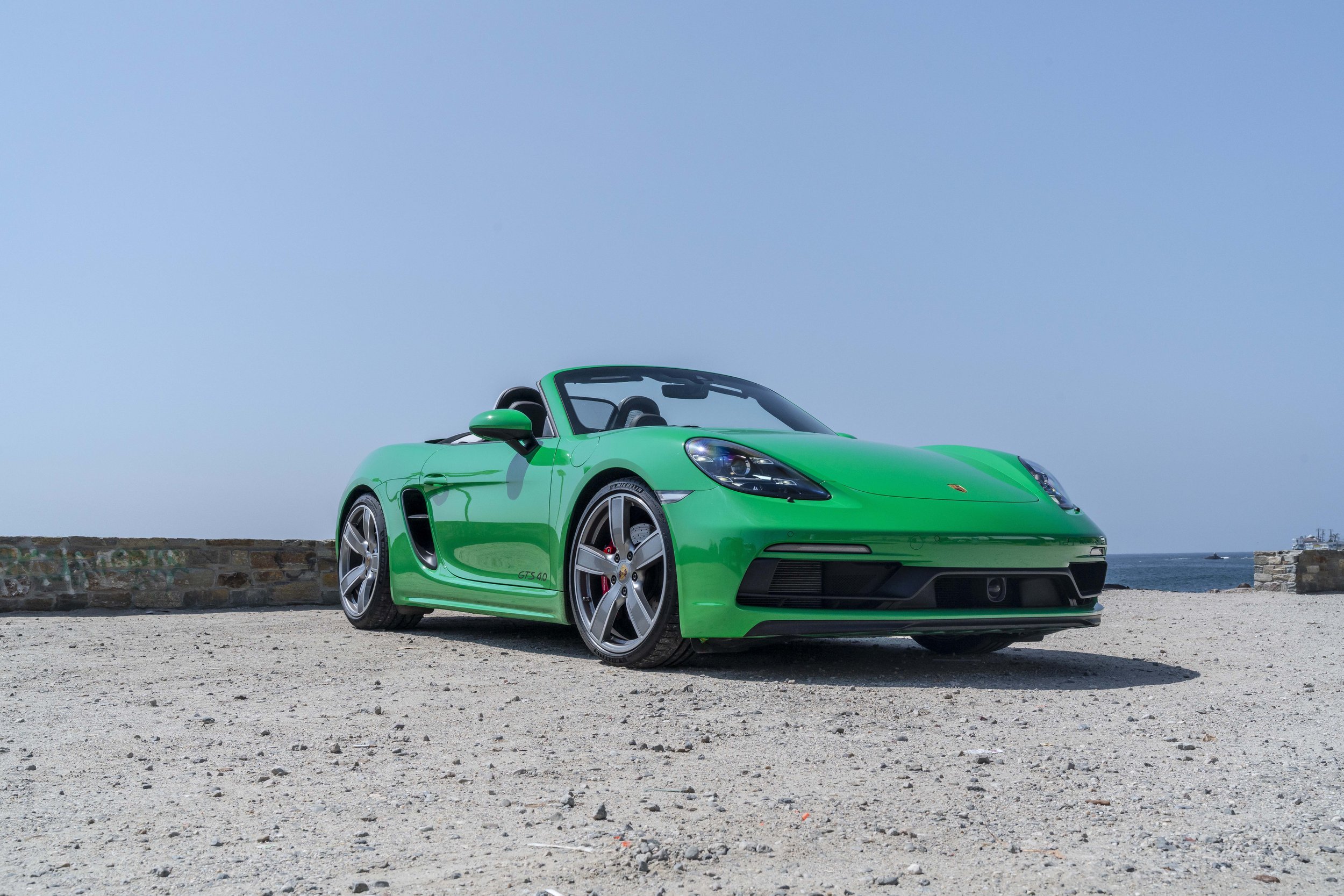
A few years ago I was at odds with two friends who are among the nation’s top automotive journalists about whether or not Elon Musk would succeed with Tesla Motors; both vigorously maintained that Musk was all talk and not up to the task, while I was confident he was. Following the 2012 launch of Tesla’s Model S sedan, the company’s first vehicle to be developed entirely in-house, each ate their words in their respective publications. Objectively, I didn’t know anything more than either of them, but because I’m not chatting on a daily basis with the automotive establishment, I could weigh the readily available facts without undue influence from that chorus of naysayers: the Toyota Motor Corporation and Daimler-Benz (aka Mercedes-Benz) had entered partnerships wherein Tesla would contribute engineering expertise and hardware to both companies’ upcoming electric vehicles. Daimler Benz had even taken a 10% share in Tesla. Founded in 2003, Tesla had managed in its short lifespan to amass enough know-how for two of the oldest, most storied and significant car companies in the world to seek its advice and collaboration. Something was clearly going very, very right at Tesla.
So far, the launch of the Model S has been nearly flawless. It has sold more than 25,000 cars, achieved the best safety rating of any car ever tested by the National Highway Safety and Transportation Administration (NHSTA), and today Tesla is the only car manufacturer that has yet to suffer the fatality of an occupant. It’s earned the highest score ever awarded by Consumer Reports’ annual owner satisfaction survey (99/100 points), and won Motor Trend’s 2013 Car of the Year award. Surely as it grows, something is bound to burst this perfect track record’s bubble. Yet Tesla has already created more than a car, it has created a cult – dare I say, even a culture – of customers and loyalists who admire the cars and the mindset they stand for: daring to challenge and rewrite the rules. Pundits have speculated that Silicon Valley-based Tesla could be the next Apple, and that founder Elon Musk is the new Steve Jobs.
Comparisons between the two companies are somewhat apt, given that Apple didn’t “invent” from scratch so much as draw upon existing technologies, improve upon their functionality and packaging, and redefine how people integrated those technologies into their lives. Likewise Tesla didn’t invent the electric car, and isn’t reinventing the wheel, but rather is redefining motoring for a new generation, much like Henry Ford’s Model T. Ford didn’t invent the gasoline-powered car – that credit goes to Mercedes-Benz (in 1886) – but the Model T (in 1908) was the first to be affordable and mass-produced, and it changed everything. In naming the Model S, Tesla acknowledges this history with a tip of its hat to Ford, and now its partnership with Mercedes-Benz brings that narrative full circle. That’s genius if you think about it.
The collective disregard (even distain) for Tesla from its detractors may stem from indignation at the notion that a bunch of forty-something hi-tech upstarts (Musk is 42) with precious little history or credentials with four-wheeled things could simply endeavor to build a world-class car – which the Model S certainly is – and actually accomplish that task straight out of the starting blocks. To them it must seem as if Musk doesn’t think building an electric car requires rocket science; because that’s what Musk does at his other company, SpaceX.
Musk founded SpaceX in 2002 “with the goal of helping make the human race a multi-planetary species,” which sounds a tad bonkers until learning that SpaceX is one of three private companies (together with Boeing and Sierra Nevada) chosen by NASA to develop a spacecraft capable of delivering astronauts to the International Space Station (ISS) now that its own Space Shuttle has been retired. SpaceX’s first unmanned mission to the ISS with its “Dragon” spacecraft happened in May 2012; SpaceX did it again in October of that same year, with NASA calling the achievement “a critical event in space flight.” In January of this year, NASA confirmed that SpaceX had successfully conducted an emergency parachute test for the manned version of the Dragon spacecraft, continuing SpaceX on its likely trajectory of being the first private company to put an astronaut in space. SpaceX’s Falcon 9 rocket has also been enjoying a run of successes placing satellites into orbit for private commercial clients, and will likely soon be qualified to do the same for the United States Air Force’s national security satellites.
Engineering a car – which must dutifully repeat its tasks over and over for years to come without fail – is a tremendous undertaking, but I feel it’s safe to say that developing rockets and docking spacecrafts with the space station is another extraterrestrial ball game altogether. It’s interesting to me how few editorials (either positive or negative) about Tesla mention SpaceX, because it would seem that both the engineering expertise that Musk has assembled there, plus its ability to cut through NASA-grade red tape (not to mention that of the US Defense Department) surely bodes well for Tesla’s challenges with lobbyists and regulating bodies like the National Highway Safety and Transportation Authority (NHSTA). Tesla’s unlikely to be felled by industry politics.
Chevrolet Astro Concept at the 1967 Detroit Motor Show. Image Copyright and Courtesy of GM Media Archive.
It’s fitting that the man and the company poised to change the way the next generation thinks about cars has the other foot planted in aerospace, given that dreams of the jet-age served as the inspiration for the American car industry and buyers alike during the 50s and 60s. With Elon Musk and Tesla those skyward aspirations aren’t whimsical fiction, but rather a core competency. More than just cars, even more than just aerospace, Musk seems fascinated by the idea of travel itself. His concept for the SpaceX “Hyperloop,” a vacuum tube that could theoretically shuttle passengers in pods (like mail in those old tubes at the post office) between San Francisco and Los Angeles in less than an hour seems outlandish until you give it a good think; then it seems to make awfully good sense. Generation Y is increasingly bored with cars, and the intoxicating freedom once associated with cars is being substituted with technology and social media as their means for psychological escape; maybe we’re all just ready for a new trip, and maybe it’s Musk who will take us there. Did I mention that he plans to colonize Mars? So far I see no reason to bet against him.
Much as I love my iPhone, Musk’s innovation is on another stratosphere altogether.








